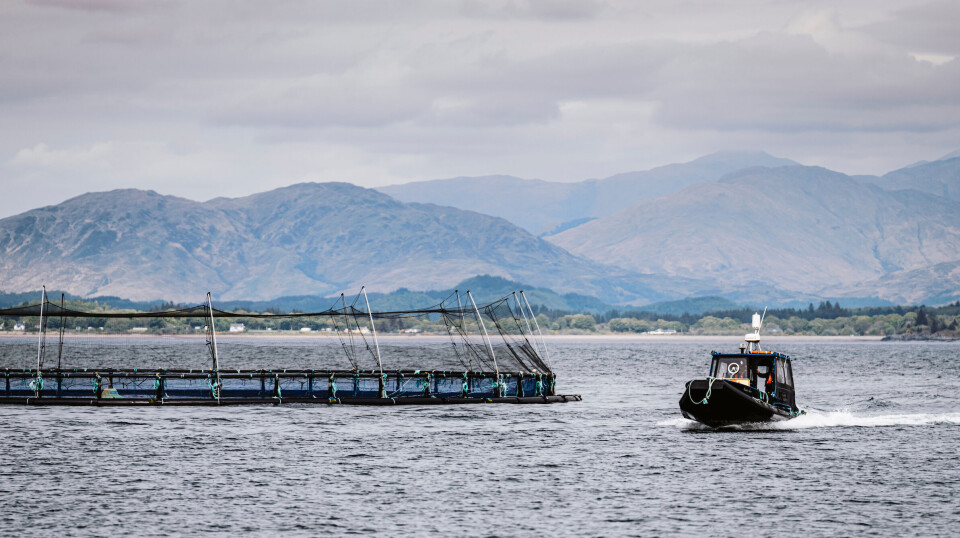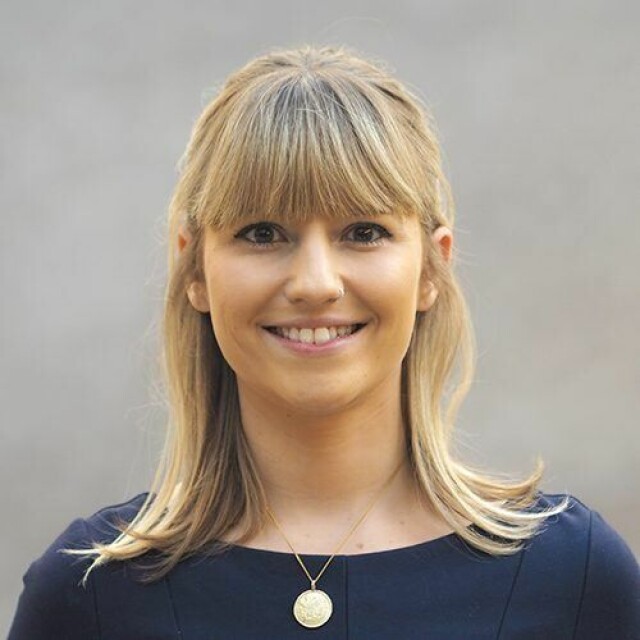

Mort removal at farm visited by MSPs was normal procedure, says watchdog
Alleged cover-up was work 'consistent with the mortality removal procedures on Scottish aquaculture farm sites' confirms Fish Health Inspectorate
A salmon farm accused of “covering up” fish deaths before a visit by Scottish Parliament members on Monday, September 23 did not have mortality numbers above the sector’s voluntary reporting level, the Scottish Government’s Fish Health Inspectorate (FHI) has said.
Animal Equality UK, which campaigns against intensive animal farming, claimed last Wednesday that video footage of a workboat at Scottish Sea Farms’ Dunstaffnage site showed “tonnes” of dead fish being removed “just seven hours” before six members of Holyrood’s Rural Affairs and Islands Committee (RAIC) arrived for a fact-finding visit. The RAIC is carrying out an inquiry into what progress has been made in the sector since an earlier Holyrood inquiry made recommendations in 2018.
Animal Equality UK’s executive director Abigail Penny argued that the removal of dead and moribund fish was “outrageous and depicts a wholly inaccurate image of the industry”.
In response, Scottish Sea Farms (SSF) said the footage clearly showed its farm team following the company’s standard operating procedure with routine pen-side checks and regular moribund and mortality removal.
Convenor's questions
Following Animal Equality's accusation, RAIC convenor Finlay Carson sent questions about the content of the video to the FHI, which then spoke to SSF last Thursday.
In its response to Carson, delivered ahead of tomorrow’s RAIC meeting which includes inquiry evidence from experts in the salmon sector, the FHI said: “The mortality levels have not been above the voluntary reporting levels, with 1,082 kg of biomass overall having been removed from the site on the date the video footage was taken.”
It added that recent site mortality levels have been:
- Week 35: 0.1%
- Week 36: 0.24%
- Week 37: 0.55%
- Week 38: 0.35%
- Week 39 (last week): Mon – 0.1%, Tues – 0.04%, Weds – 0.07%
Consistent with procedure
Asked whether FHI considers the video footage to be consistent with daily standard operating procedure, the Inspectorate said it “would consider that this procedure would be consistent with the mortality removal procedures on Scottish aquaculture farm sites, although procedures may differ between sites".
Asked whether the quantity of fish being removed would meet voluntary mortality reporting thresholds requiring a report to be submitted to FHI, the Inspectorate said it is very difficult to consider whether the quantity of fish being removed from the pen(s) in the video footage would meet the voluntary reporting requirements. But it added: “The FHI have not received any reports of mortality above the voluntary reporting levels during this production cycle at the Dunstaffnage site … Mortality records inspected during animal health surveillance in April and July 2024 indicated that mortality levels would not require reporting to FHI.”
Six inspections since 2017
Asked how many times FHI has visited the Dunstaffnage site since 2017 for regulatory inspections, and how many were unannounced, FHI replied that it had visited six times, including two visits in the current production cycle. None of the visits was unannounced.
Asked if any of these inspections identified any cause for concern or further regulatory action, FHI replied: “The inspection in April 2024 identified that to ensure compliance with the Aquaculture and Fisheries (Scotland) Act 2007, as amended, the farm management statement required to contain provision for the review of the document and the arrangements for sensitivity testing in relation to treatments for parasite management. Advice was provided and a deadline of 21st June 2024 was issued to demonstrate compliance. Information to demonstrate that these requirements had been addressed was provided to the FHI on 12th June 2024.”
Fulfilling duty of care
SSF head of fish health and welfare Dr Ralph Bickerdike said today: "The response by the Fish Health Inspectorate reinforces what we clearly stated last week: that the footage shows our farm team fulfilling their duty of care by swiftly removing any poorly fish or fallen stock, something we do each morning where conditions allow."
SSF pointed out that the RSPCA Assured welfare standards for Farmed Atlantic Salmon (revised May 2024) require that “removal of dead fish must occur as frequently as is necessary and without undue delay”.
Bikerdike is one of the witnesses at tomorrow's evidence session of the RAIC salmon inquiry.
The others are:
- David Brown, Shetland Seawater Manager, Cooke Scotland;
- Ben Hadfield, Chief Operating Officer Farming Scotland, Ireland, Faroes and Atlantic Canada, Mowi Scotland;
- Kimberley McKinnell, Head of Health, Bakkafrost Scotland;
- Constance Pattillo, Head of Farming Operations, Wester Ross Salmon;
- Tavish Scott, Chief Executive, Salmon Scotland.
The RAIC meeting begins at 9am and can be viewed on the Parliament's streaming service.






















































